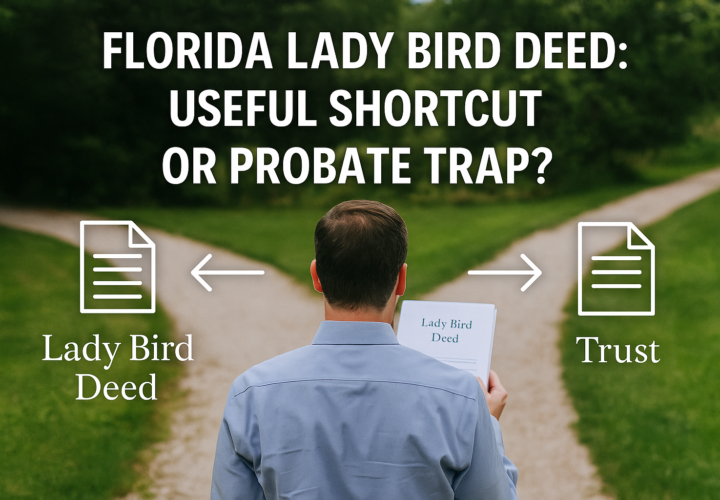Introduction:
Estate planning is a crucial process that allows individuals to safeguard their assets and provide for the distribution of their property after they pass away. Two common tools used in estate planning are wills and trusts. While both serve similar purposes, they have distinct features and are suitable for different circumstances. In this article, we’ll explore the key differences between wills and trusts to help you make an informed decision about which option is right for you.
Section 1: Wills
A will, also known as a last will and testament, is a legal document that outlines an individual’s wishes regarding the distribution of their assets after their death. Here are some key aspects of wills:
Simplicity and Cost:
Wills are relatively straightforward to create and are often less expensive than trusts.
They don’t require ongoing management during your lifetime.
Probate:
Wills typically go through a court-supervised process called probate, which can be time-consuming and costly.
The probate process ensures the will’s validity, settles debts, and oversees asset distribution.
Public Record:
Wills sometimes become part of the public record, which means the details of your estate plan can be accessed by anyone interested.
Section 2: Trusts
A trust is a legal entity that holds and manages assets for the benefit of specific individuals or entities. Trusts come in various forms and offer greater flexibility. Here are some key aspects of trusts:
Avoidance of Probate:
Trusts bypass probate, allowing for faster and more private asset distribution.
This can save time and potentially reduce costs associated with the estate settlement process.
Privacy:
Trusts are generally private documents, keeping your estate plans confidential.
This privacy can be appealing to those who prefer to keep their financial affairs discreet.
Control and Flexibility:
With trusts, you can specify conditions for asset distribution, such as age or certain milestones.
Trusts provide greater control over how and when your assets are distributed.
Management of Assets:
Trusts can be established during your lifetime (living trusts) or upon your death (testamentary trusts).
Living trusts allow for ongoing management and can provide for you in case of incapacity.
Section 3: Choosing the Right Option
The decision between a will and a trust depends on your individual circumstances and goals. Here are some considerations:
If you have a straightforward estate and want a simple, cost-effective solution, a will may suffice.
For larger estates, complex family situations, or the desire for privacy and control, a trust might be more suitable.
Conclusion:
Estate planning is a crucial part of securing your financial legacy and providing for your loved ones. The choice between a will and a trust hinges on your unique circumstances and preferences. Consulting with an experienced estate planning attorney can help you make the right decision and ensure that your wishes are carried out effectively. Whichever option you choose, taking the time to plan your estate is a valuable gift to your heirs and a way to leave a lasting legacy.



